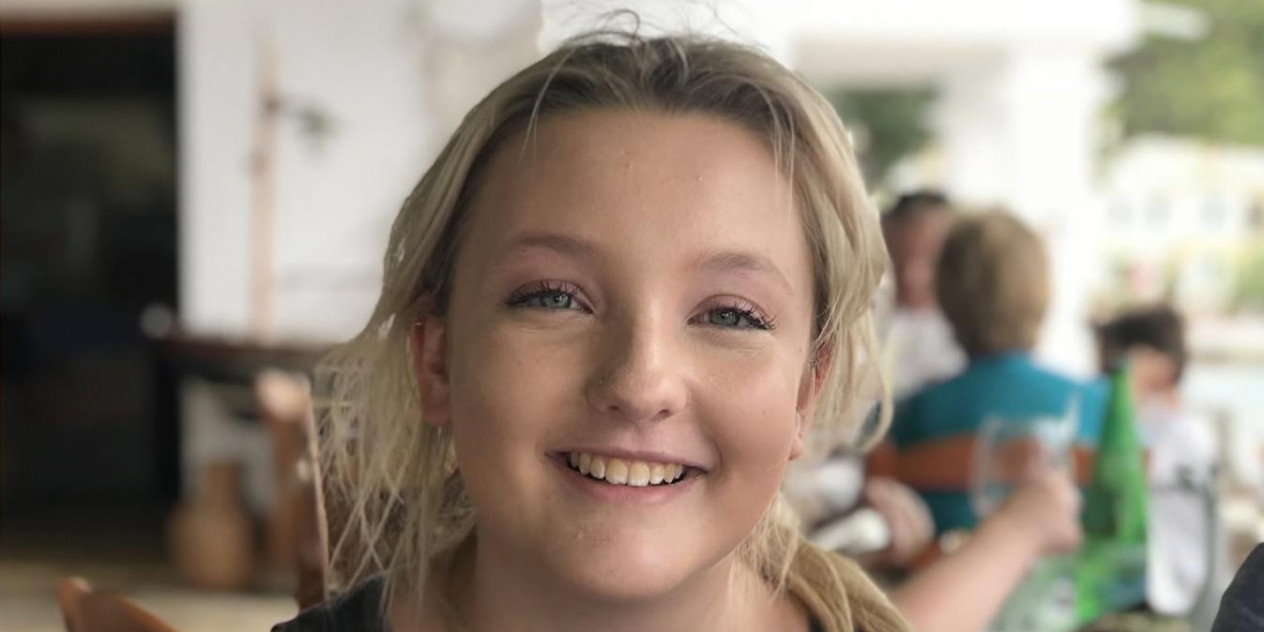Amber’s death highlights need for more SUDEP discussions
Amber Walker died of SUDEP in 2023. A Prevention of Future Deaths Report says more must be done to highlight SUDEP risks in patient discussions.


Following the inquest into the death of Amber Walker, the Coroner has sent a Prevention of Future Deaths Report to the Secretary of State for Health & Social Care calling for more to be done to highlight SUDEP risks in discussions with epilepsy patients.
SUDEP Action has worked with the family for this outcome for the last 2+ years.
Amber died of SUDEP in April 2023, aged 22. The inquest heard that she suffered from epilepsy and, in August 2022, went to hospital after experiencing a cluster of seizures. In hospital she had a further seizure. Amber subsequently spoke with an epilepsy nurse specialist in November 2022 and had a face to-face consultation with a consultant neurologist in March 2023. She had two further seizures in the month prior to the consultation. Amber declined an increase in her topiramate medication. However, an increase in her medication may have reduced the risk of further seizures, which, in turn, may have decreased her risk of SUDEP. There had been no discussions in the consultation about SUDEP – or Amber’s increased risk, given the uncontrolled generalised tonic-clonic seizures she often experienced at night.
SUDEP is the leading cause of death for patients diagnosed with epilepsy. The risk of death is widely quoted as 1 in 1,000 of those diagnosed with epilepsy, but the individualised risk may be higher or lower depending on the risk factors for the particular patient. Although the causes of SUDEP are not well understood, modifiable risk factors are known, and there are measures that patients can take to reduce risk. Patient awareness of SUDEP is vital to ensuring they are able to make informed choices when managing their epilepsy.
Amber’s mother, Amanda, attended all neurology appointments with her daughter and gave evidence at the inquest. She said she only became aware of SUDEP after Amber’s death.
The risk of SUDEP had never been discussed at any neurology appointments that she attended with Amber.
The Coroner found that Amber was at increased risk of SUDEP as she was experiencing uncontrolled tonic-clonic seizures at night, and she slept alone in the family home. An increase in her medication may have mitigated Amber’s risk of seizures and therefore her risk of SUDEP. Although an increase in medication was discussed at the consultation in March 2023, Amber was not advised that declining an increase in her medication in response to her uncontrolled seizures meant she remained at an elevated risk of SUDEP.
The consultant neurologist that saw Amber in March 2023 gave evidence that conversations with patients surrounding SUDEP are ‘challenging’. Prior to Amber’s death, he was not aware of the SUDEP & Seizures Checklist, created by SUDEP Action. He explained that he now routinely uses the Checklist, which he finds a useful tool to introduce the subject of SUDEP with a patient. He also explained that there may be a presumption that colleagues who had seen a patient previously will have discussed SUDEP with a patient, negating the need to repeat the conversation. He accepted that when meeting a patient for the first time, or when the risk of SUDEP has changed, SUDEP must be discussed with a patient. He also explained that in his medical training, SUDEP was not taught. This is significant as there were opportunities for other medical professionals to raise SUDEP with Amber, for example, her GP and the Emergency Department medical professionals she saw in August 2022.
The Coroner’s Prevention of Future Deaths Report therefore identified the following concerns:
* Doctors can be too reluctant to discuss SUDEP with patients and some wrongly presume these discussions took place at previous appointments with colleagues. Tools, such as SUDEP Action’s SUDEP & Seizure Checklist, can facilitate such a discussion, but they are not used universally. The Checklist can be used by any medical practitioner who may come into contact with a patient with epilepsy.
* Discussions about SUDEP with patients are essential, so that risks are specified, and measures can be taken to mitigate them.
* SUDEP is not covered in the medical training of doctors, despite it being the leading cause of death in patients with epilepsy. It is not only neurologists that will encounter patients with epilepsy where a discussion regarding SUDEP may be required, as demonstrated by Amber’s experiences.
Amber’s father Martin said: “If we had been told about SUDEP, Amber might still be with us today. If we had been told about SUDEP, we – and possibly even Amber – would have insisted that the medication was increased. No sum-up consultation letter ever pressed the importance of increasing the medication.
Nobody ever warned us, and we had never heard of SUDEP, so it never featured in our online research over the years. There are a number of red flags associated with SUDEP, and they were all present for Amber – and still it wasn’t raised.
“One consultant told us he generally didn’t raise SUDEP as it made for a difficult conversation. But how much more difficult were the conversations we were having with him after Amber’s death?”











